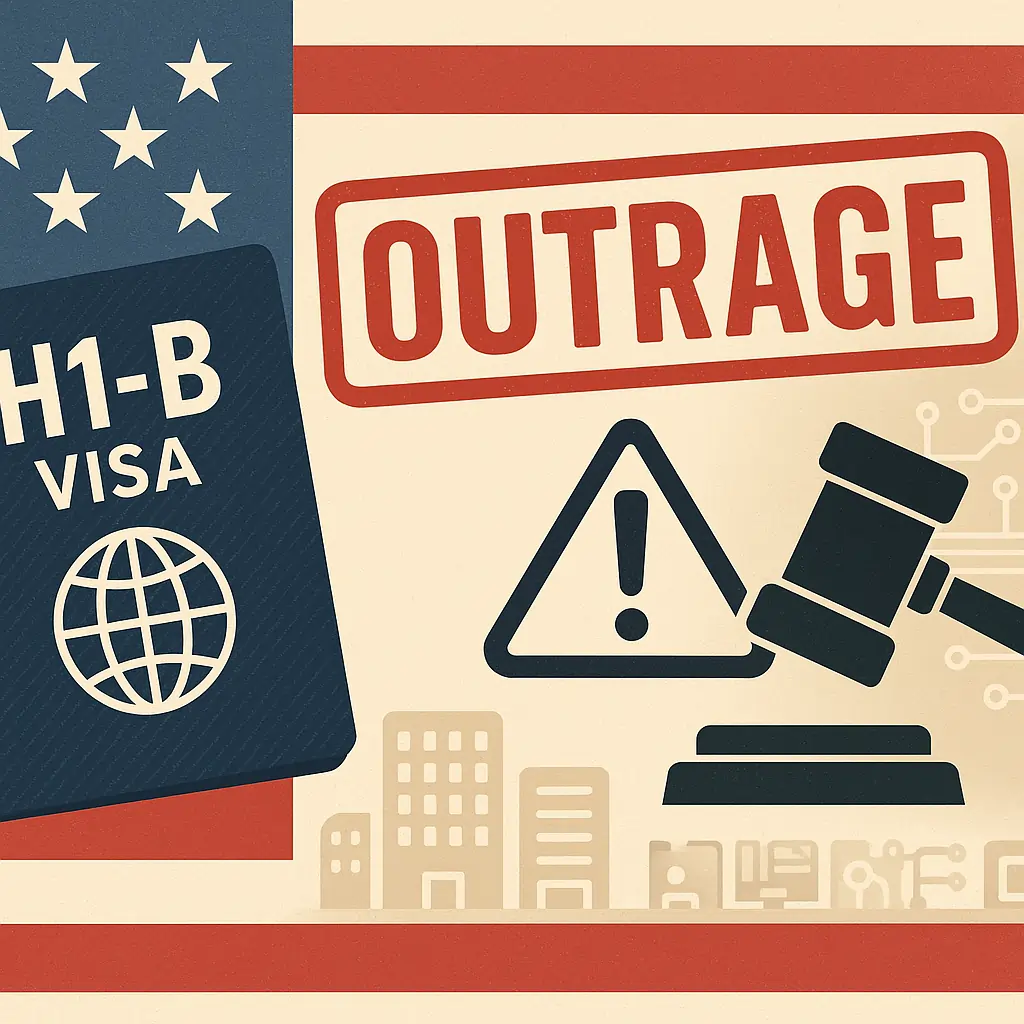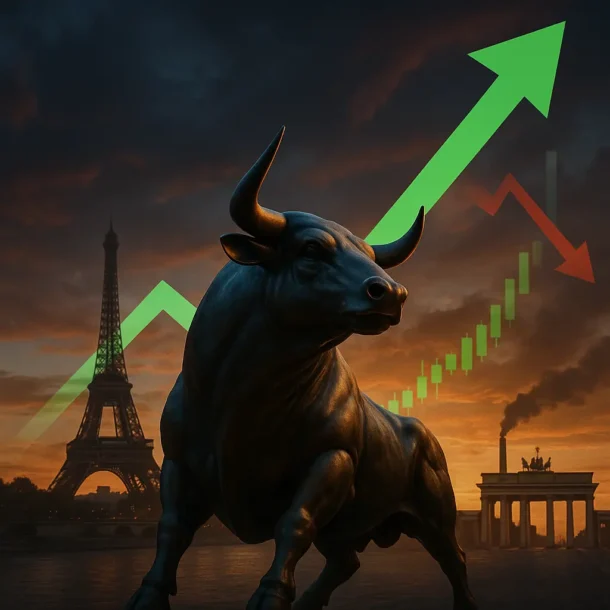Former U.S. President Donald Trump has once again ignited a storm of controversy by backing new restrictions on H1-B visas, a program widely used by highly skilled foreign professionals, particularly in the technology sector. The move, branded by critics as harsh and discriminatory, has drawn fierce backlash from both American business leaders and Indian officials, with many warning it could weaken U.S. competitiveness in the global economy.
What Is the H1-B Visa?
The H1-B visa allows U.S. companies to hire foreign workers in specialty occupations, including technology, engineering, medicine, and finance. It has been central to the growth of Silicon Valley and has helped fill critical skill gaps in the U.S. workforce.
- Annual cap: 85,000 visas (65,000 regular + 20,000 for advanced degrees).
- Major users: Tech giants like Google, Microsoft, Amazon, and thousands of startups.
- Key beneficiary countries: India and China, which supply the largest share of H1-B professionals.
Details of the New Restrictions
The new Trump-backed rules reportedly introduce:
- Higher wage thresholds – requiring employers to pay foreign workers at levels that may exceed prevailing industry standards.
- Stricter eligibility definitions – narrowing what qualifies as a “specialty occupation.”
- Reduced renewal flexibility – limiting visa extensions beyond the initial three years.
- Increased compliance costs – more audits and reporting obligations for sponsoring companies.
Critics argue these measures collectively amount to an effective crackdown that could dissuade companies from hiring foreign talent.
Reactions and Outrage
Business Leaders
Executives in Silicon Valley warned the move could:
- Drive skilled workers to Canada and Europe, where immigration pathways are more open.
- Create talent shortages in high-demand sectors like AI, cloud computing, and biotech.
- Hurt startups, which rely heavily on H1-B workers for innovation.
Indian Officials
India’s government expressed “serious concern,” noting that Indian nationals account for nearly 75% of H1-B visas annually. They warned the policy could strain U.S.-India relations, especially in trade and technology partnerships.
Policy Analysts
Experts argue that restricting H1-B visas is counterproductive: while intended to protect American jobs, it risks slowing innovation, reducing productivity, and undermining U.S. global leadership in technology.
Implications for the U.S. Economy
- Talent Drain: High-skilled professionals may relocate to friendlier countries.
- Innovation Slowdown: Companies may delay R&D projects due to staffing gaps.
- Economic Loss: Studies suggest that immigrants on H1-B visas have contributed billions to U.S. GDP growth over the past two decades.
- Political Divide: The issue deepens partisan debates over immigration reform, jobs, and economic growth.
Conclusion
Trump’s push for harsh new H1-B restrictions has sparked outrage across business, political, and international circles. While framed as a measure to protect American jobs, critics argue the move could backfire, damaging innovation, weakening U.S. competitiveness, and straining diplomatic ties.
As the debate intensifies, the fate of the H1-B program sits at the crossroads of economic necessity, political ideology, and America’s role in the global talent race.
📖 Read them on our blog: Investment Blog
Did you find this article insightful? Subscribe to the Bullish Stock Alerts newsletter so you never miss an update and gain access to exclusive stock market insights: https://bullishstockalerts.com/#newsletter
Avez-vous trouvé cet article utile? Abonnez-vous à la newsletter de Bullish Stock Alerts pour recevoir toutes nos analyses exclusives sur les marchés boursiers : https://bullishstockalerts.com/#newsletter









0 Comments